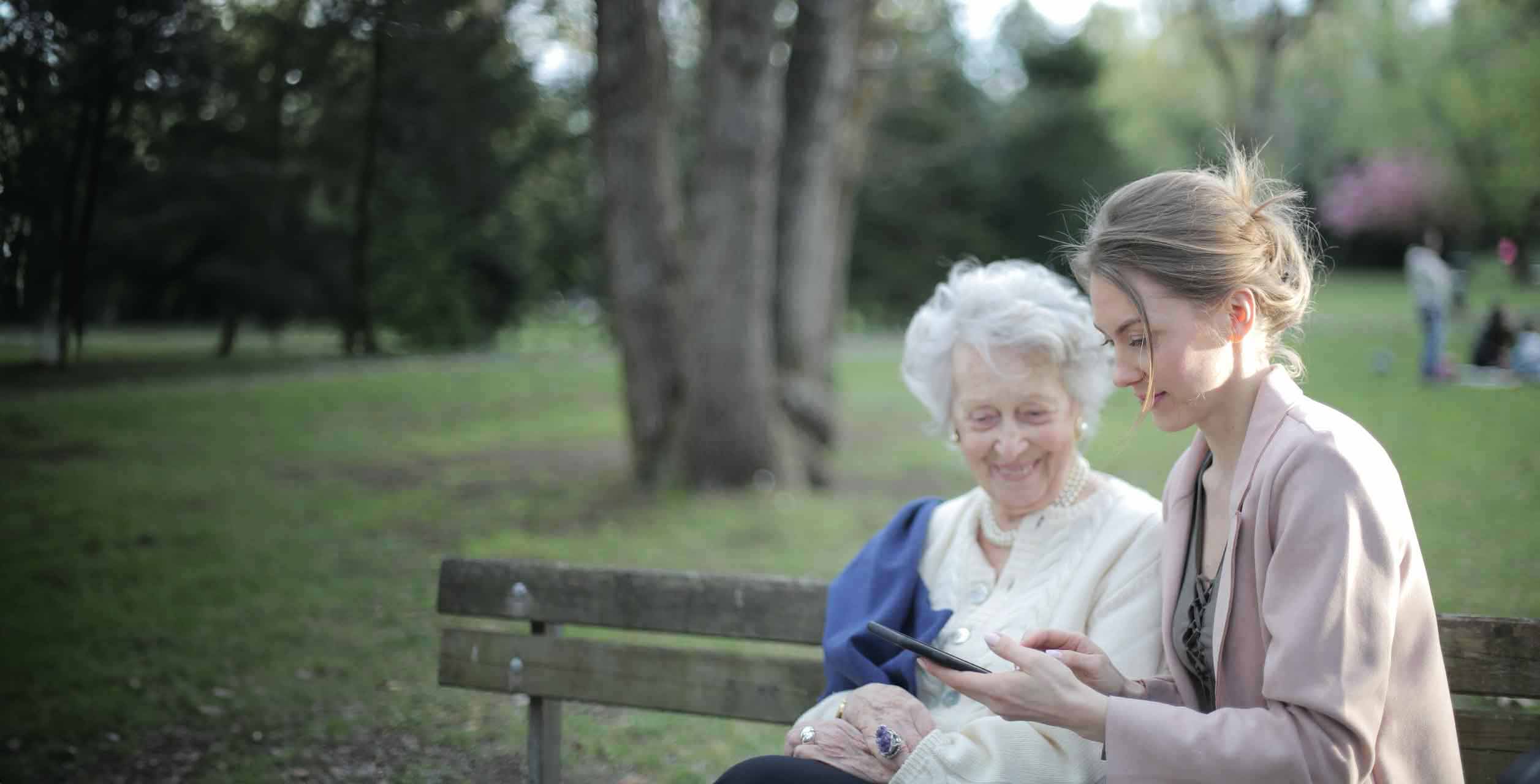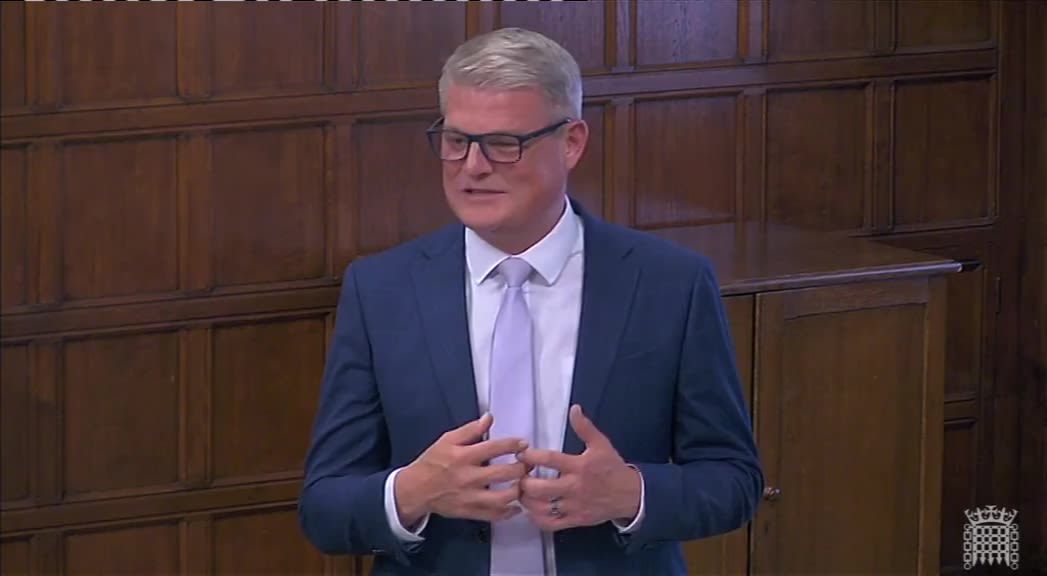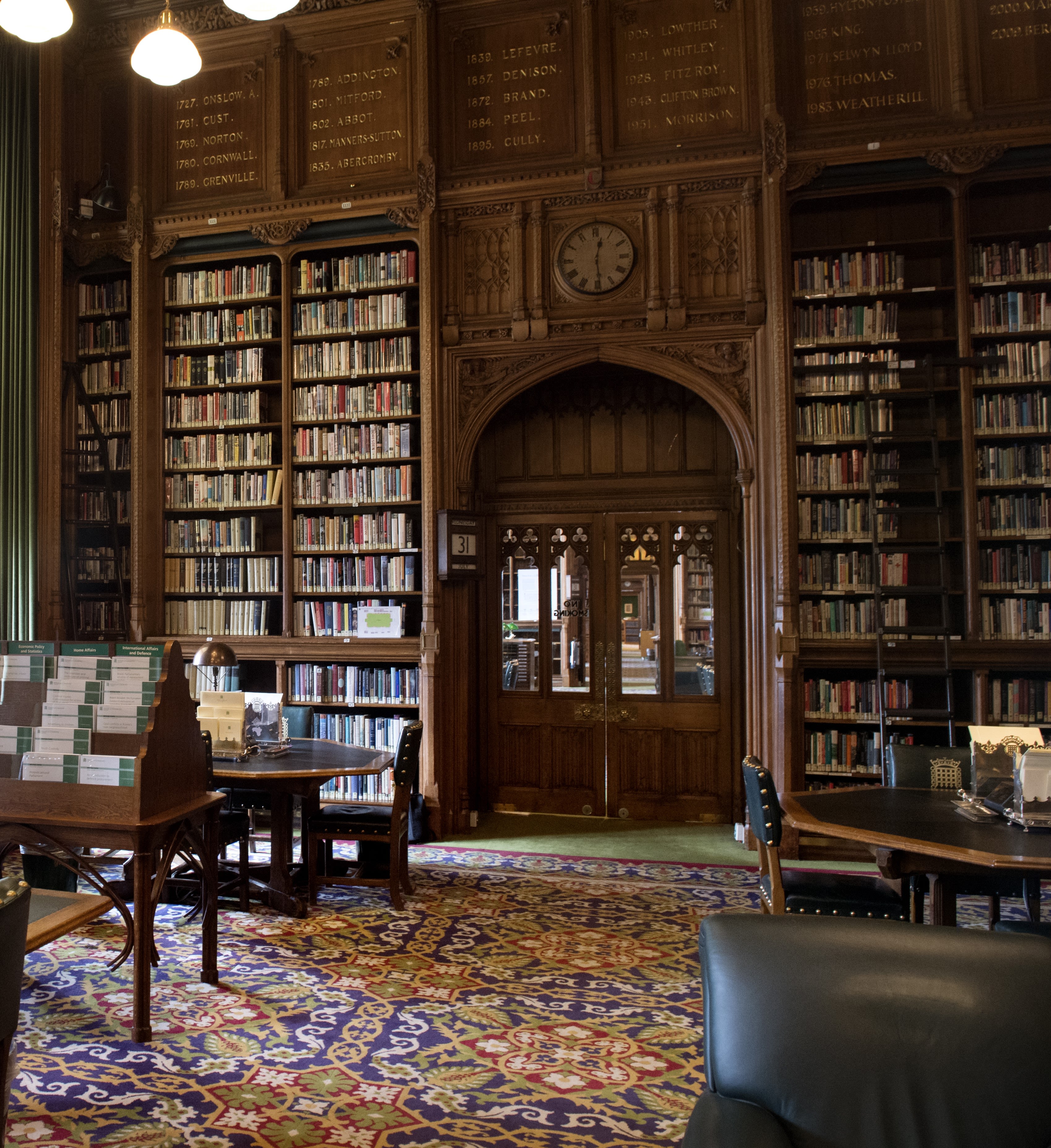Connecting generations
Sharing your experiences for a Parliamentary debate
Thursday 9 May 2024

On Thursday 9 May, Marion Fellows MP led a debate in Westminster Hall on Global Intergenerational Week 2024.
To inform the debate, she asked to hear about your experiences and ideas.
"I thank all 407 contributors to the online public engagement activity for the debate. Your responses – all 407 of you – have been very helpful and illuminating..."
She went on to share several of your stories during her debate.
Page contents:
- Video: sharing the public's stories in the debate
- Links to watch the full debate or read the transcript
- The Government's response
- Links to relevant parliamentary resources
- A debate explainer.
Video: sharing the public's stories

The Government's response

The Minister for Loneliness, Stuart Andrew MP, responded to the debate on behalf of the Government.
He described the Government's current policies and future ambitions related to the debate topic.
Watch or read his full speech where he covers a range of topics, including:
- The Government’s strategy for tackling loneliness, published in 2018, which sets out three main objectives:
1. Reduce stigma by building a national conversation on loneliness.
2. Work to ensure that relationships and loneliness are considered in policy-making and by organisations across society. The Minister said the Government and its partners had invested £80 million since 2018 on this issue, including the £30 million via the ‘Know Your Neighbourhood fund’, which was launched in 2023 to create volunteering opportunities to help reduce loneliness.
3. Improve the evidence base on loneliness so the government can continue its ongoing action in this area.
- Plans to allocate £87.5 million to a new community wealth fund. The Minister said this aims to help communities improve the social infrastructure in targeted neighbourhoods, and enable local people to decide what they think is best for their community.
- The Government’s plans to help older people remain in and return to work, which will include dedicated 50-plus champions at jobcentres and “mid-life MOTs.”
Your feedback
"Being quoted in the debate honours the experience of offering my feedback, and makes me feel valued as someone who contributed. It's a nice way to feel connected to Westminster politics.
"I see and feel the work of Parliament everywhere. I live in Scotland and follow much more closely, and understand, Westminster politics.
"Being represented in this debate makes me feel closer to conversations taking place centrally."


"I decided to fill out the survey as I happen to find this particular topic stirring, because the value tends to be overlooked by both the youngest and oldest members of society.
"I was pleasantly surprised to be quoted and felt quite honoured to have contributed to a valuable political debate.
"My friends and family are proud of me for having taken the time to articulate my perspective and get involved.
"I've always been conscious of the impact of parliamentary process in my life, but I do feel more empowered to have a voice in that process in the future, having been quoted."
“It is an important topic and I rarely take the opportunity to contribute to debates, so this was a good chance.
“I felt empowered. I wouldn’t have expected that. It's good to feel heard and that your input matters. It's reassuring as a democratic action.
“The work of Parliament is essential to my life, even if it's hard to measure how much. The experience of being represented encouraged me to participate more in other ways.”

Parliamentary resources

House of Commons Library
Relevant research:
- Global Intergenerational Week 2024 (May 2024)
- Tackling loneliness (June 2021)
Relevant Committee inquiries
- House of Lords Committee Inquiry: Intergenerational Fairness and Provision (January 2021)
What are Westminster Hall debates?
Westminster Hall debates enable backbench MPs from any party to raise an issue, and receive a response from the government.
They do not involve a vote on a particular action or decision.
Instead, the aim is to:
- raise awareness of an issue, often as part of a wider campaign
- seek to influence government policy
- put the views of backbench MPs, opposition parties, and the government on record.
The setting
Westminster Hall debates happen in the Grand Committee Room — the second chamber of the House of Commons.
Here, MPs sit in a horseshoe shape. This can help to encourage a constructive atmosphere.
Chairing the debate
Westminster Hall debates are chaired by an MP. The role of the Chair is to:
- ensure debates keep to the time allocated
- call on MPs to speak
- make sure MPs follow the rules of debate.
To mark the start of the debate the Chair says:
"Order, order"
Opening the debate
The MP leading the debate makes the first speech.
They will generally:
- outline their views on the issue
- present examples
- in some cases, call on the government to take action.
Backbench speeches
After the opening speech, other backbench MPs take turns to speak in the debate.
The main opposition parties
For longer debates, the main opposition parties then have a chance to respond.
An MP from the third largest party generally goes first, and is followed by an MP from the official Opposition.
They outline their party’s position on the issue.
The government's response
The Chair then calls the Minister to respond to the debate on behalf of the government.
The Minister will generally:
- respond to concerns raised by MPs
- explain the government's position and policies
- share relevant plans or ambitions for the future.
Closing the debate
If there is enough time, the MP who opened the debate can make final comments.
The debate is then concluded.
Engaging with debates
- You can contact your MP and ask them to attend a debate. Or you can ask them to lead their own debate on an issue you feel is important.
- For some debates, you may be asked to share your insights and experiences. This can help inform the MPs taking part in the debate. See the Chamber Engagement website for details.
- You can watch debates online or attend in person. Find out what's on by looking at the Parliamentary calendar.
Lisa, Ian and Charlotte helped inform previous debates on topics like the menopause and pensions advice:
For more on Westminster Hall debates, see How Parliament Works.

Photo credit: UK Parliament / Jessica Taylor
